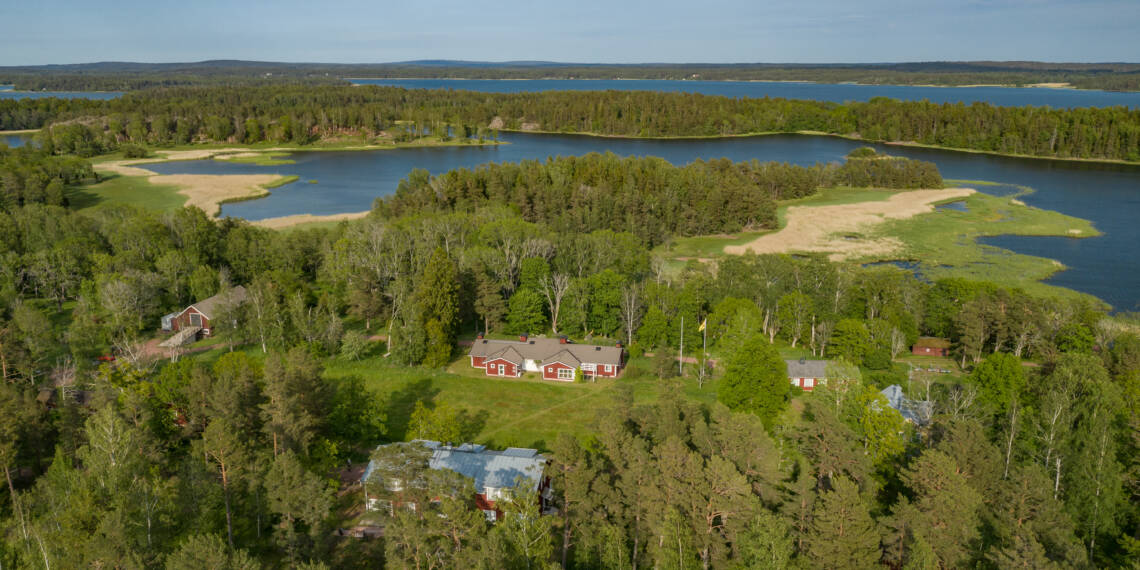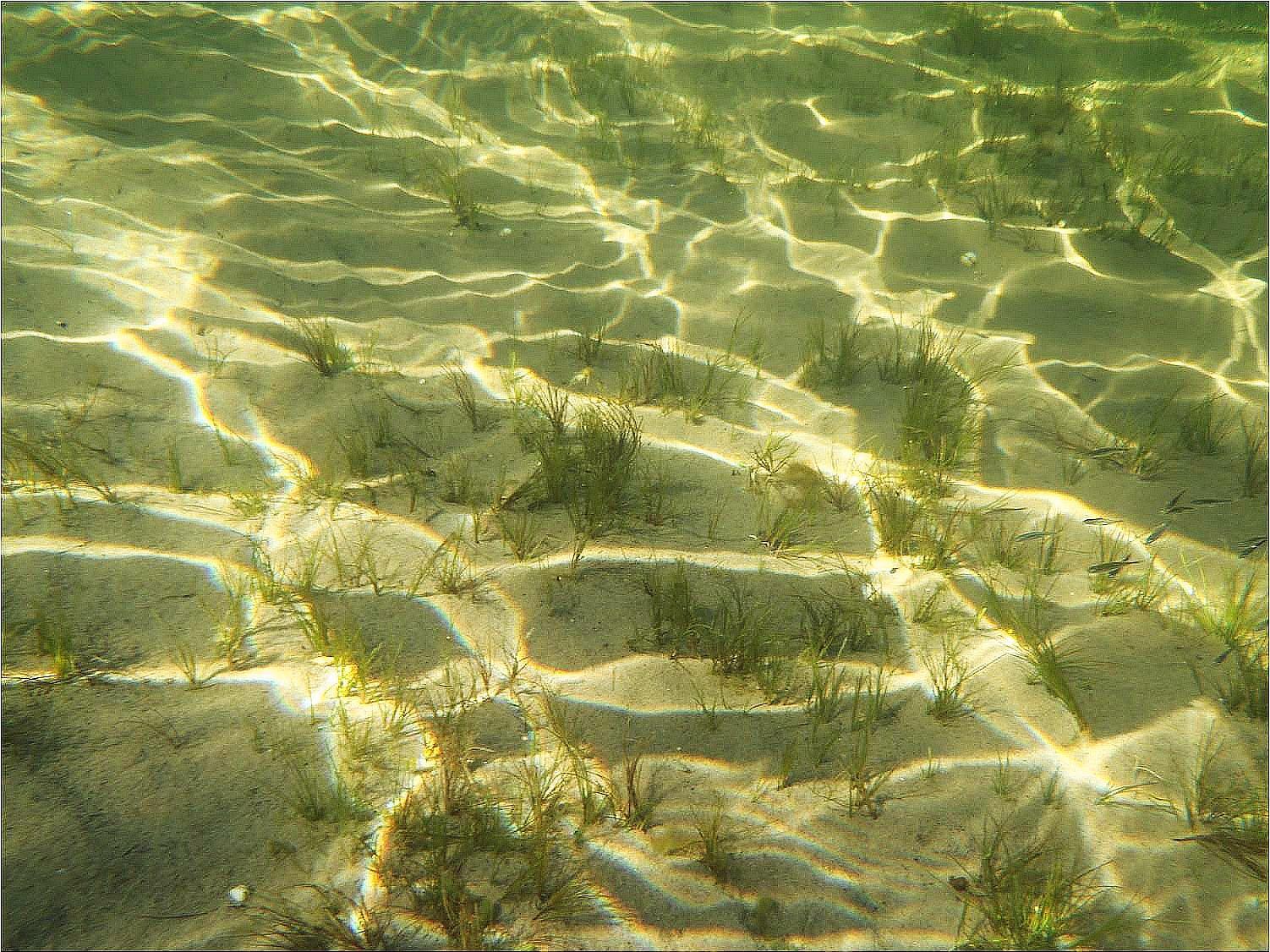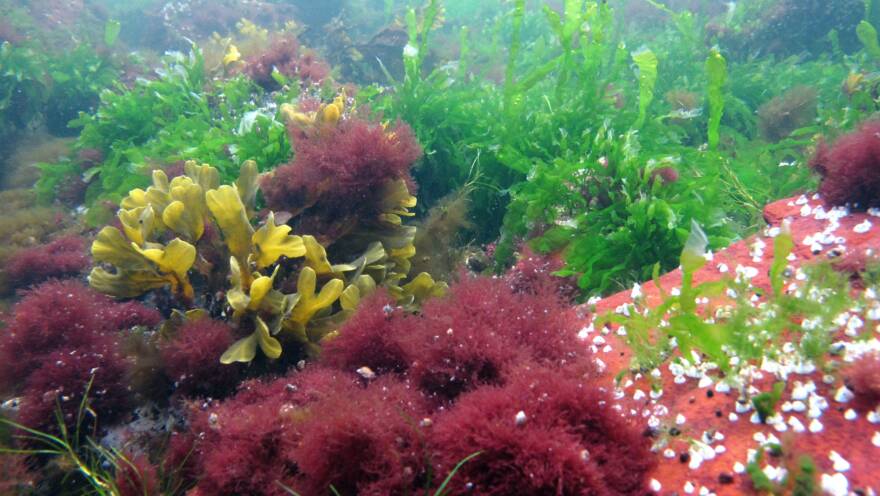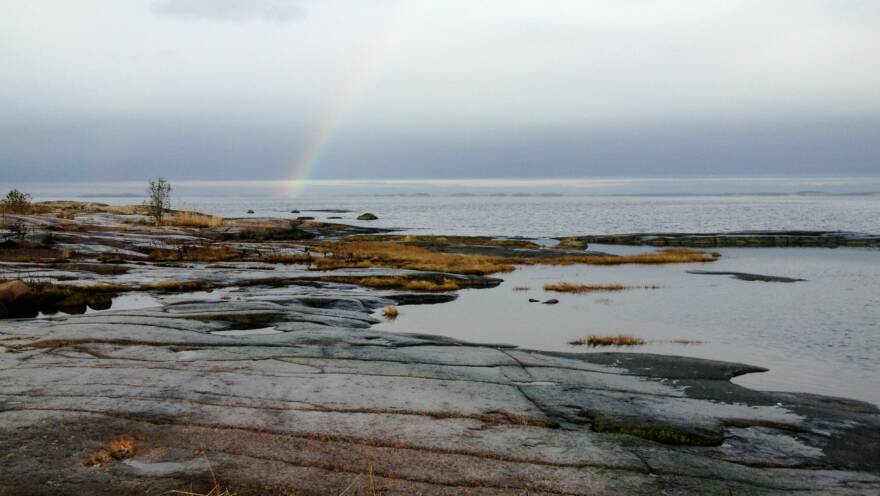
The Husö Biological Station is located on Åland
The Husö Biological Station lies to the northwest of the main island of Åland, one of the islands in the northern Baltic Sea which occurs in its most natural state. The station is closely linked to the Department of Environmental and Marine Biology at Åbo Akademi University. At the station, research strongly focuses on the structure and function of archipelago, coastal, and lake aquatic ecosystems.
The priority areas of research include, among other things, structural and functional biodiversity and eutrophication, as well as other man-made environmental problems, such as climate change in the marine environment.
The station has a long experience of cooperation with the administrative sector
The Husö Station has had a cooperation agreement with the Government of Åland since 1961 and thus, has a long tradition of scientific cooperation with the administrative sector. Such cooperation has involved water management and legislation at regional, national, and international levels.
Experimental research both indoors and outdoors
The Husö Biological Station has been profiled as a centre of experimental aquatic (aquatic sciences) ecology research. Other priority areas include multidisciplinary modelling-based water quality assessments, as well as mapping the spatial distribution of biodiversity.

The facility offers both indoor and outdoor spaces for experimental research. The teaching of marine biology at Åbo Akademi University is strongly linked to the activities at Husö, in the form of courses and dissertations. The station also holds courses for visiting researchers from other Nordic universities.
The Husö Biological Station is a member of many international research networks
The station participates in and is a member of several Nordic and international research networks, such as the MARS Network (European Network of Marine Research Institutes and Stations). Together with the Tvärminne Zoological Station and the Archipelago Research Institute, it is also a member of the EMBRC network (European Marine Biological Resource Centre), as well as the FINMARI Consortium, which is part of the FIRI Road Map (Research Infrastructure Road Map).
-
 Find out more
Find out moreNature and how it changes
-
 Find out more
Find out moreMarine management and environmental protection

